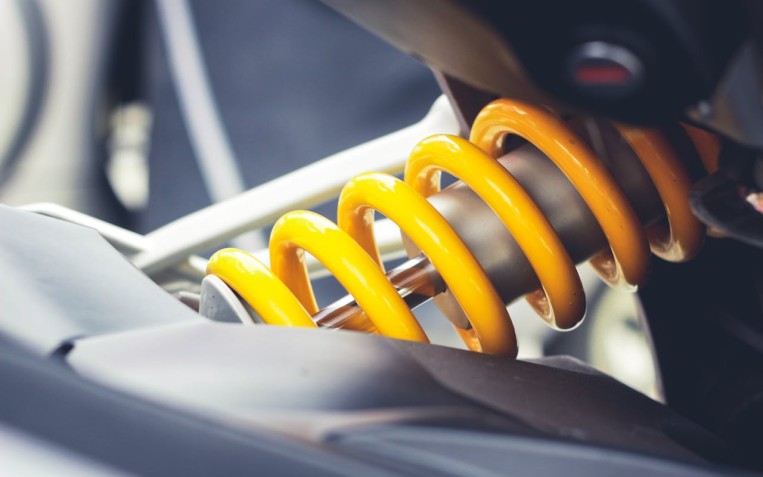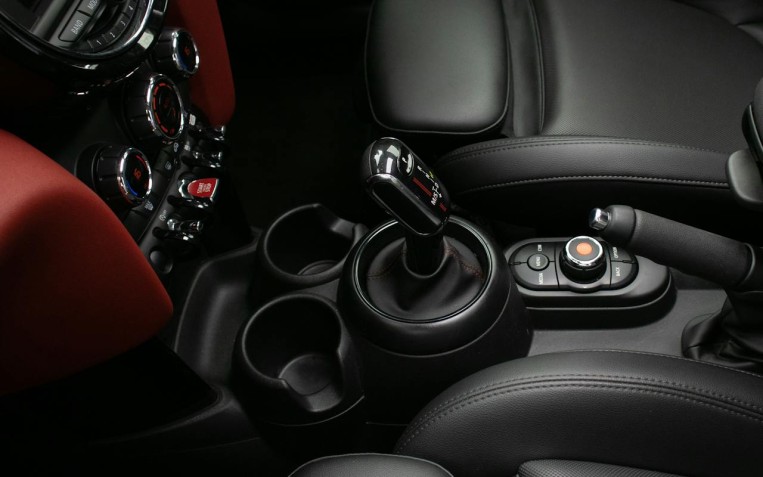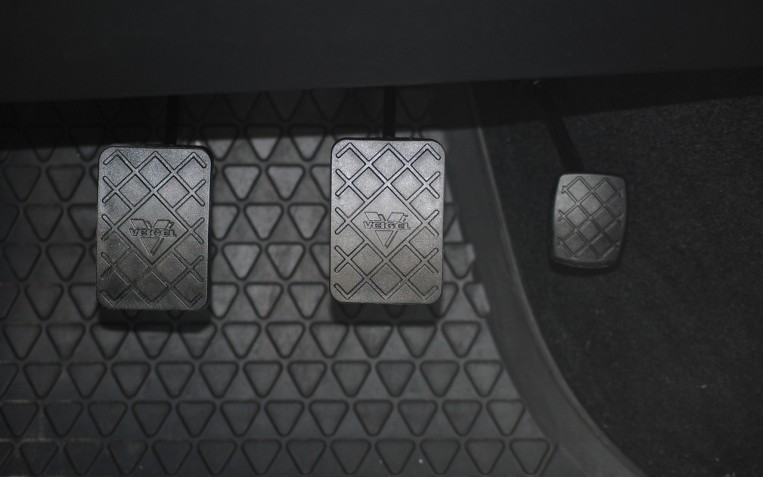Does air con use more fuel?

Despite many believing this is a common misconception, air con does in fact increase your fuel consumption. Research has found that by using your air conditioning to control the climate of your vehicle, you can actually increase your fuel consumption by around 8-10%.
Air con vs open windows
Although air conditioning increases your fuel consumption, driving with your windows open can also lead to a reduce in fuel efficiency. This is because the air from the window creates a 'drag' for the vehicle, meaning the engine must work harder to pull the vehicle due to the resistance created by the open window.
So, which is more fuel efficient - opening your windows, or using your air conditioning? Research suggests that you should base it on the speed you're travelling. For example:
- Travelling at speeds of 50mph or less - in this instance, it's more economical to open your windows. This is because running the air conditioning at this low engine speed creates an extra demand, so therefore opening windows is the best option.
- Travelling at speeds over 50mph - in this instance, it's more economical to use the air conditioning system. This is because the drag from opening your windows will have more resistance at high speeds, so it's more beneficial to use the air conditioning system.
Other ways to improve fuel consumption
Looking for more ways to improve your fuel consumption? As well as following the above guidelines when it comes to using your air conditioning and opening your windows, some other tips to improve fuel efficiency include:
- Driving style - the way you drive your vehicle can have a huge impact on your fuel efficiency. It's recommended to gently accelerate and use the highest safe gear to likely use less fuel - as harsh acceleration and frequent use of gears decreases fuel efficiency.
- Tyre pressure - are your tyres inflated to the correct pressure? If underinflated, there will be a larger surface area contacting the road - which leads to an increase in drag on the wheel. If overinflated, this can lead to other problems - such as a tyre blowout.
- Heavy load - if your vehicle has a heavy load either in the boot or in the back of the vehicle, it's more fuel efficient to remove these items - as this can create the drag effect, using more energy to keep the car moving forwards with the heavy weight.
For more information on how air conditioning uses more fuel, get in touch with our experts here at PTA Garages. Alternatively, ensure your air conditioning is in the best condition it can be is important - so make sure you familiarise yourself with our air conditioning services.
Related Content

Should I have soft or stiff suspension springs for my vehicle?
Suspension springs are essential for maintaining your vehicle’s stability and ride height. Over time, the springs will succumb to wear and tear, which affects how your car handles, brakes and accelerates on the road. Discover whether you should...

What is engine braking?
Engine braking involves taking your foot off the accelerator pedal, allowing your car to slow down. Over time, the parts on your vehicle’s braki...

A guide to the different types of car clutches
The clutch is responsible for channelling the power from the engine, through to the gearbox, and the wheels. Your vehicle's clutch will differ dependi...

